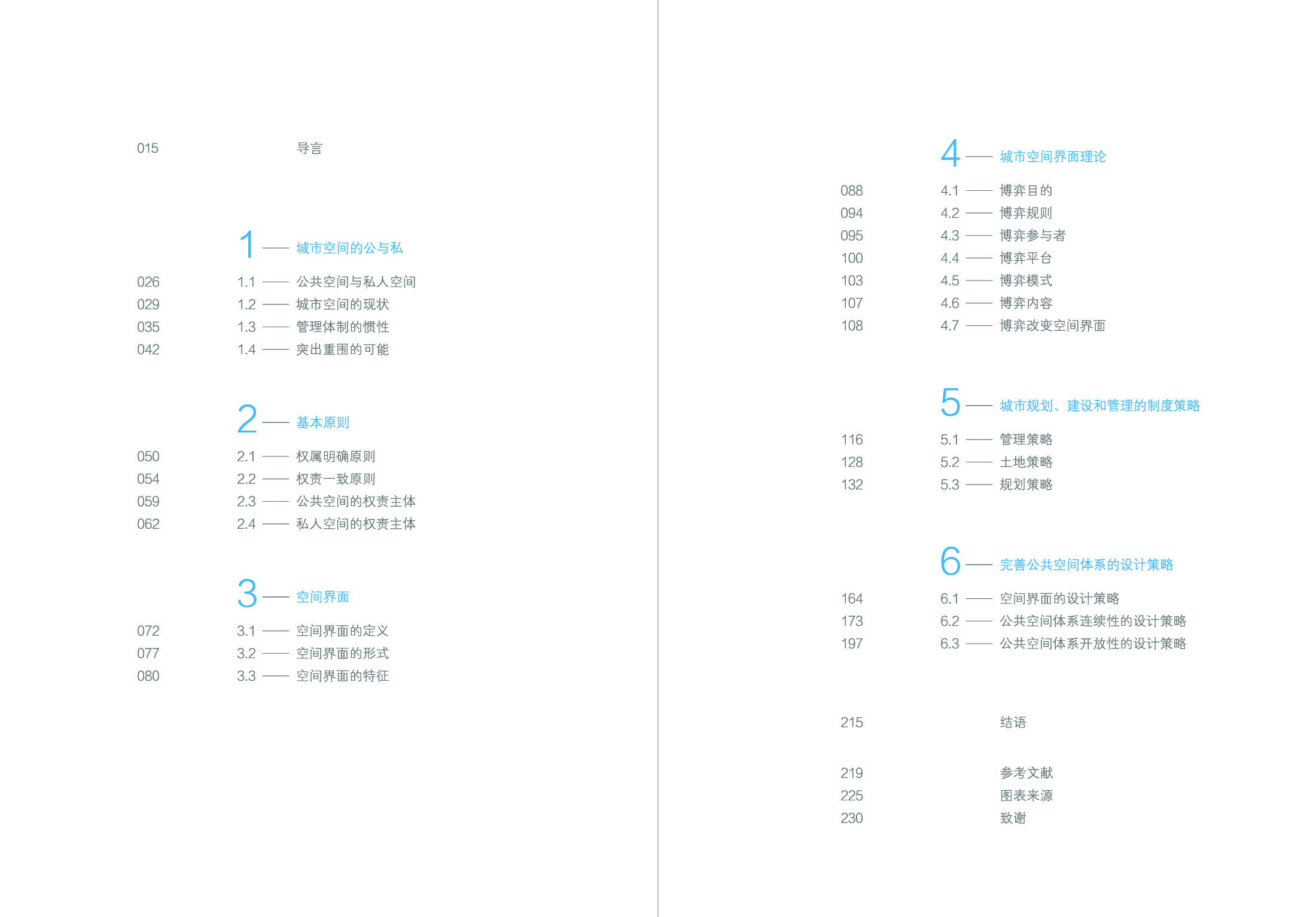Brief Introduction
China's urban development has unique characteristics, and its rapid construction speed and huge scale are rare in the world. In the past process of urbanization in China, the quality of urban space was often placed in a secondary position and ignored. However, the urban environment directly affects people's behavior and spiritual feelings. As the main place to accommodate various urban functions, urban space has become the core of intuitively reflecting the quality of the city. Urban managers, builders and users have gradually realized the importance of the overall construction of urban space. It is directly related to the comprehensive competitiveness of a city and the satisfaction of residents.
How should we explore the key to the spatial quality of Chinese cities? In the face of a series of intertwined urban problems such as excessive pursuit of formalization, decreased spatial quality, and lack of humanistic characteristics, how should we analyze them and break them away? When facing specific urban construction problems, what suggestions and countermeasures are there for reference?
This book starts from the ownership relationship between "public" and "private" behind urban space. After clarifying this pair of key concepts, it establishes the urban space interface and its game theory and mechanism, and achieves joint construction by mobilizing all parties involved in the game. The purpose of urban space is to collect high-quality urban space cases and provide specific reference strategies.
Contents





